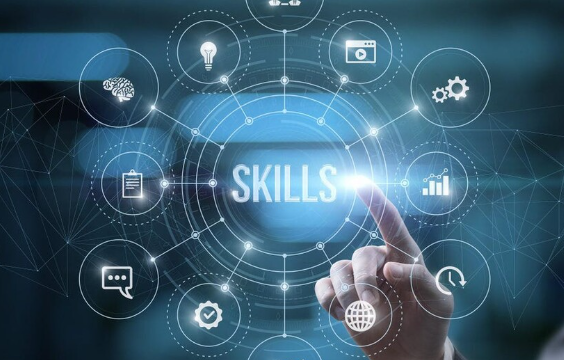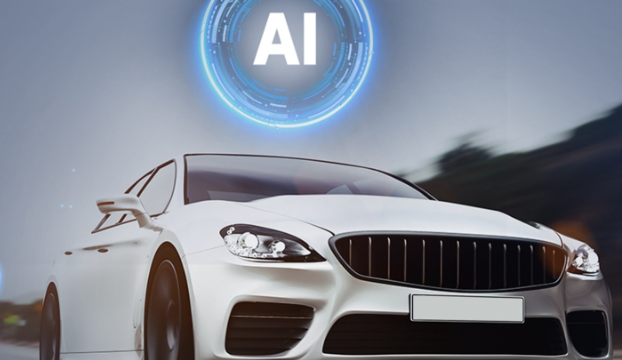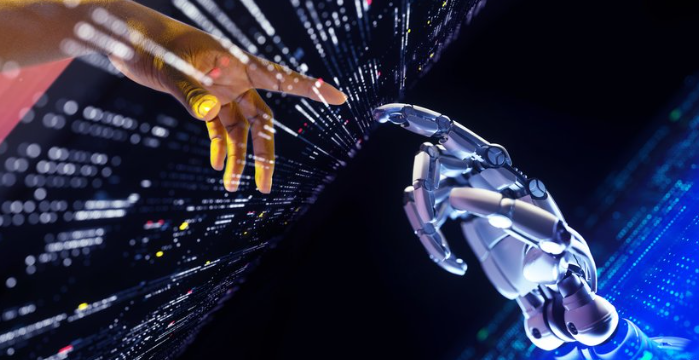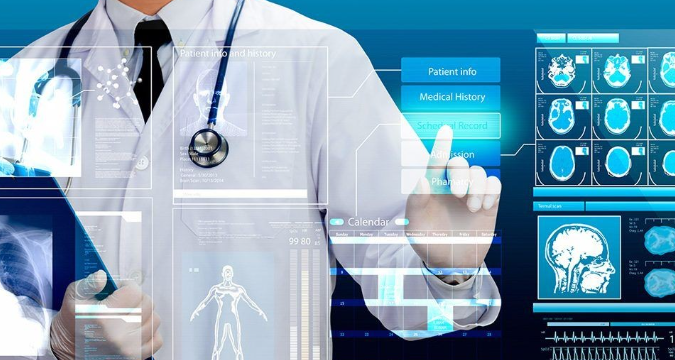Artificial intelligence (AI) is transforming education, revolutionizing how students learn and educators teach. With AI-driven tools, personalized learning experiences are becoming more accessible, efficient, and tailored to individual student needs. From adaptive learning platforms to AI-powered tutors, the integration of artificial intelligence in education is paving the way for a smarter, more effective future.
AI-Powered Personalized Learning
One of the most significant advantages of AI in education is its ability to customize learning experiences. Traditional teaching methods often take a one-size-fits-all approach, but AI-driven platforms analyze student progress, learning styles, and preferences to create individualized learning paths. This ensures that each student receives the right level of instruction and support, optimizing retention and comprehension.
Intelligent Tutoring Systems
AI-powered tutoring systems provide real-time assistance to students, offering personalized feedback and guidance. These intelligent tutors use natural language processing (NLP) and machine learning to assess student responses, identify weaknesses, and suggest targeted improvements. With 24/7 availability, AI tutors enhance learning beyond the classroom, making education more accessible to students worldwide.
Automated Grading and Assessment
Teachers spend significant time grading assignments and exams, but AI simplifies this process through automated grading. AI-driven assessment tools can evaluate multiple-choice tests, essays, and even coding assignments, providing instant feedback. This reduces educators’ workload, allowing them to focus on developing engaging lesson plans and fostering critical thinking skills in students.
Enhanced Accessibility and Inclusion
AI is making education more inclusive by addressing learning barriers for students with disabilities. AI-powered tools such as speech-to-text applications, real-time translation, and screen readers enable students with visual, auditory, or language-related challenges to access educational materials effortlessly. This fosters a more equitable learning environment where every student can succeed.
Smart Content Creation and Virtual Classrooms
AI is reshaping how educational content is created and delivered. AI-generated course materials, interactive simulations, and virtual classrooms provide dynamic learning experiences. AI chatbots in virtual classrooms assist students in resolving queries instantly, ensuring uninterrupted learning. As AI continues to advance, the boundaries between physical and digital education will blur, creating more flexible learning opportunities.
AI-Driven Career Guidance
AI is also playing a pivotal role in career counseling and skill development. By analyzing students’ strengths, interests, and market trends, AI-powered career guidance systems provide personalized recommendations for educational paths and job opportunities. This helps students make informed decisions about their future, aligning their education with industry demands.
Data-Driven Decision Making in Education
Educational institutions are leveraging AI-driven analytics to improve student outcomes. Predictive analytics identify students at risk of falling behind, enabling early interventions to enhance performance. AI also helps institutions optimize resource allocation, curriculum planning, and administrative processes, improving overall efficiency in education management.
Future Prospects of AI in Education
As AI technology evolves, its impact on education will continue to expand. From AI-driven research assistants to immersive virtual reality (VR) learning experiences, the possibilities are limitless. The key to maximizing AI’s potential in education lies in ethical implementation, ensuring data privacy, and maintaining a balance between human interaction and technological advancements.
Final Thoughts
AI is reshaping education by providing personalized learning, intelligent tutoring, and enhanced accessibility. With AI-powered tools, students can receive customized learning experiences, educators can streamline their workflows, and institutions can optimize their resources. As AI continues to advance, the education sector will witness a smarter, more efficient, and inclusive future, preparing students for success in an increasingly digital world.





